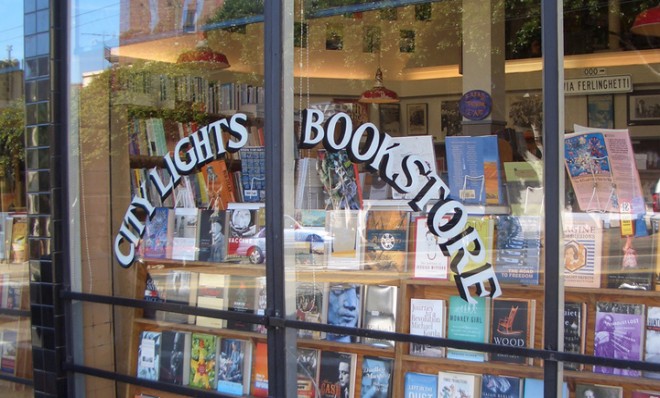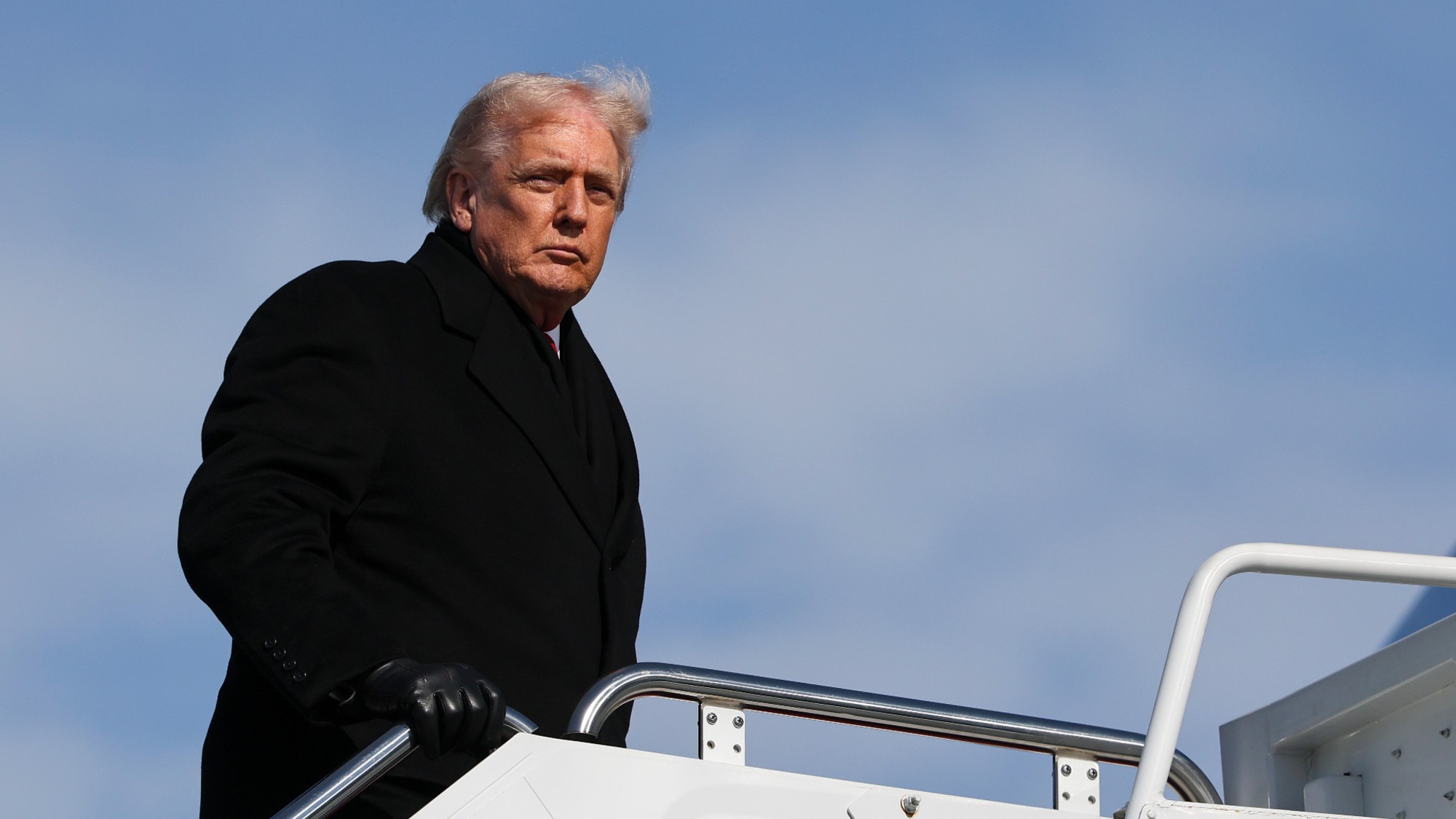Why readers shouldn't rejoice over cheaper books
An Amazon-Overstock price war has caused online prices to plunge by more than 50 percent. Yay?

Last week, Overstock sparked a price war with Amazon that sent book prices tumbling by 50 to 65 percent on both sites.
In a press release, Overstock announced that it had cut book prices on "hundreds of thousands of titles" to "at least 10-percent below Amazon.com's prices."
Amazon, which famously doesn't give a dang about profits, swung back in predictable form: Without even acknowledging Overstock, it slashed prices even lower, nullifying its competitor's promise to customers. Then this week, it upped the stakes, offering a "Fall Books" promotion that sliced prices on upcoming hardcover titles that haven't even hit shelves.
The Week
Escape your echo chamber. Get the facts behind the news, plus analysis from multiple perspectives.

Sign up for The Week's Free Newsletters
From our morning news briefing to a weekly Good News Newsletter, get the best of The Week delivered directly to your inbox.
From our morning news briefing to a weekly Good News Newsletter, get the best of The Week delivered directly to your inbox.
Hardcovers on Amazon are going for less than their Kindle versions, and even top-selling titles are selling for dirt cheap. Gillian Flynn’s Gone Girl dropped to below $9 on both sites, compared to a list price of $25.
So who gets bloodied in this kind of price battle? Not Amazon, which is used to selling at a loss to push out competition. Buzzfeed's Andy Meek says the ultimate victims will be authors and small book-sellers. "Price wars end. They always do. They only question now is how many casualties — in the form of lost revenue for authors, or closed independent retailers — will this one claim," he says.
Matt Yglesias at Slate, however, says the price war is "great for authors":
Authors are paid by publishers, who hand out advances and royalty checks. The royalties are based on a percentage of publishers' gross revenues so the retail price of the books sold doesn't mean authors get less money. If anything, retailer discounting is good for authors and publishers because it boosts book sales. [Slate]
But what happens in the long run, when customers get used to low, low book prices? Kevin Drum at Mother Jones thinks "there's a fairly straightforward way that this could be bad for authors":
A free daily email with the biggest news stories of the day – and the best features from TheWeek.com
But what happens when Amazon drives everyone else out of business and there's no one left but Amazon selling books? One possibility is that prices go back up to their old level. Another is that consumers have become so accustomed to price-war pricing that they just won't pay more. Amazon, however, will no longer be willing to lose money on books, so it will demand lower wholesale prices from publishers. The publishers will have little choice but to agree, and authors will get squeezed.[Mother Jones]
Meanwhile, Dennis Johnson, cofounder of Melville Press, an independent publishing company in Brooklyn, New York, told The Verge it's small publishers and, ultimately, readers who will suffer.
[T]he price war is "particularly dangerous for little publishers like [Melville], because that kind of constant discounting devalues the product, and eventually, you have to bring your prices in line." Johnson said he fears a future where Amazon controls most publishing and where, as a consequence, people aren't exposed to smaller, more avant-garde titles like the kind his company offers. [The Verge]
So pretty much everyone loses — except Amazon, of course.
Carmel Lobello is the business editor at TheWeek.com. Previously, she was an editor at DeathandTaxesMag.com.
-
 ‘Ghost students’ are stealing millions in student aid
‘Ghost students’ are stealing millions in student aidIn the Spotlight AI has enabled the scam to spread into community colleges around the country
-
 A running list of everything Donald Trump’s administration, including the president, has said about his health
A running list of everything Donald Trump’s administration, including the president, has said about his healthIn Depth Some in the White House have claimed Trump has near-superhuman abilities
-
 NASA’s lunar rocket is surrounded by safety concerns
NASA’s lunar rocket is surrounded by safety concernsThe Explainer The agency hopes to launch a new mission to the moon in the coming months